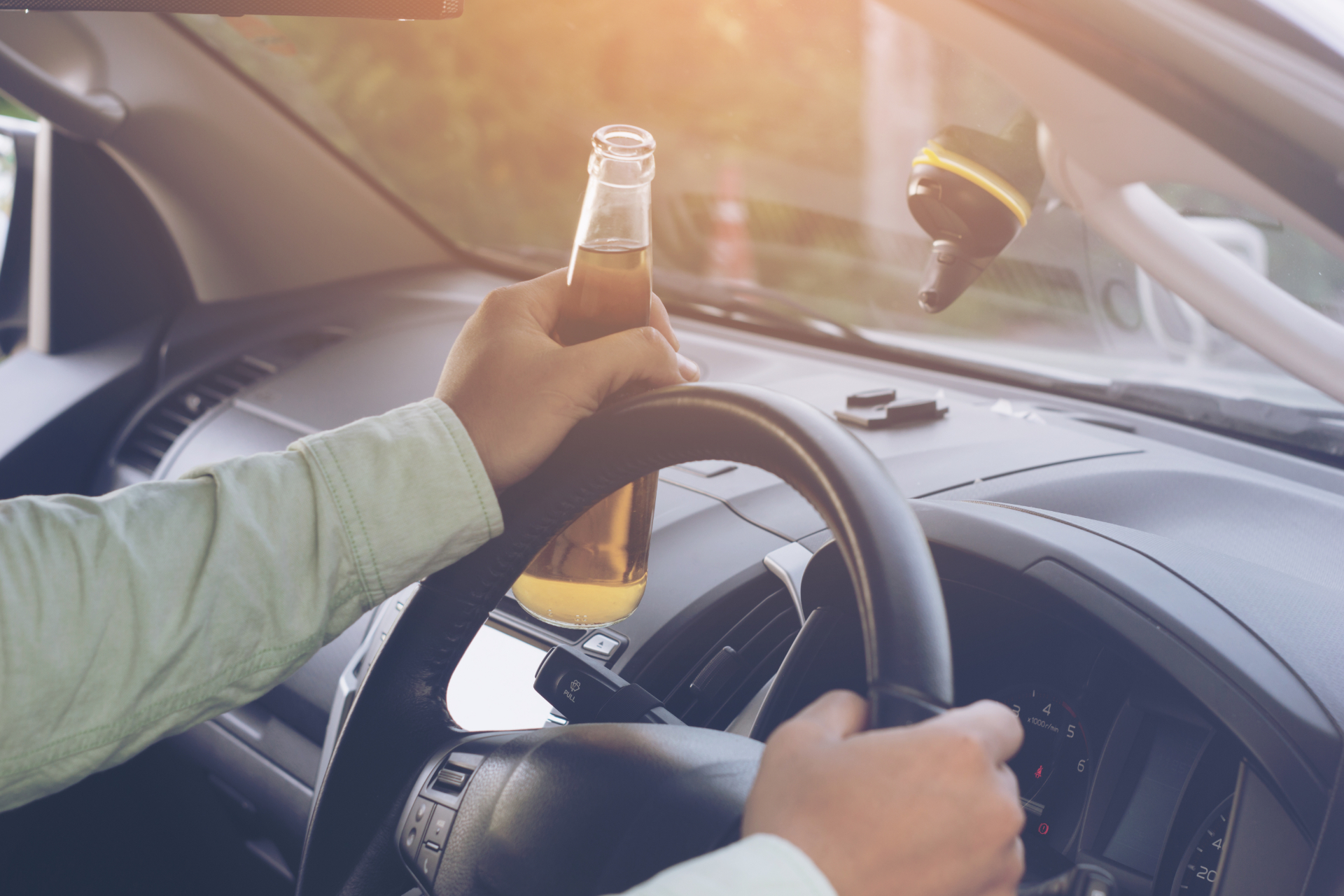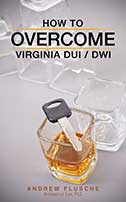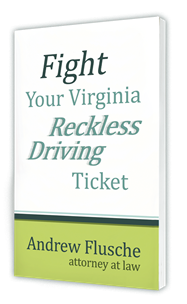What Does “Rising BAC” Mean in a DUI Case?

The evening was typical: a good time with friends, a few drinks, and a lot of laughs. You even took a breathalyzer before leaving the bar and thought you were good to go. But after an unexpected traffic stop, a higher reading from a breath or blood test distills your entire night into what feels like a final verdict. You might be replaying the evening in your head, confused about how the test result could be so high when you felt fine to drive. You might be left wondering: Does your blood alcohol level increase over time?
The science of how your body processes alcohol is complex, and the timing of a chemical test can drastically change the outcome of your case. At Flusche & Fitzgerald, we understand the science behind BAC DUI charges and the anxiety you are feeling. We are here to navigate the complexities of the law and fight for your future.
Contact us today at 540-318-5824 to discuss your case and learn how we can help you.
How Does Alcohol Absorption Affect Your BAC?
When you drink alcohol, your system does not instantly absorb it into your body. The alcohol first moves to your stomach and then to your small intestine, where it enters your bloodstream. This process takes time. Depending on various factors, your BAC can rise significantly within 20 minutes after having a drink, and it might not peak for up to two hours.
Several factors can influence how quickly your body absorbs alcohol, including:
- Food consumption—food in the stomach, particularly high-protein foods, slows the rate of alcohol absorption;
- Body weight and composition—a person’s size, gender, and body fat percentage can affect how their body metabolizes alcohol; and
- Time—the amount of time over which you consume drinks plays a significant role in peak BAC level.
Due to this delay in absorption, a chemical test taken after an officer pulls you over may show a higher BAC than the one you had when you were actually operating the vehicle.
What Is the Rising BAC Defense?
In Virginia, it is illegal to operate a motor vehicle with a BAC of 0.08% or higher. The law states clearly that your BAC must be at or above this limit at the time you are driving. The rising BAC defense argues that even if the defendant’s chemical test result was over the legal limit, their BAC was still below 0.08% while they were actually behind the wheel. Therefore, understanding how long does BAC rise after drinking is crucial to this defense, as BAC can keep increasing for a significant period after your last drink.
How Can an Attorney Argue a Rising BAC Case?
Building a successful defense against a rising BAC requires a thorough investigation of the facts. We can use several pieces of evidence to demonstrate that your BAC was likely lower at the time of the stop, including:
- Receipts—credit card receipts from the bar or restaurant, establishing a timeline of when you purchased drinks;
- Witness testimony—statements from friends, family, or servers corroborating the time of your last drink; and
- Expert testimony—testimony from a toxicologist about alcohol absorption rates and your likely BAC at the time of driving.
By creating a clear timeline, we can strengthen the argument that the state’s chemical test does not accurately show whether you were impaired at the time you were driving. The main issue for the prosecution is that the answer to Does your blood alcohol level increase over time? is yes, which introduces reasonable doubt about your guilt.
Why Choose Flusche & Fitzgerald?
When facing a traffic or DUI charge in Virginia, you need attorneys with extensive experience in this specific area of law. We have defended thousands of people like you. Our 10.0 Superb rating on Avvo and our 5.0-star rating on Google reflect our dedication to our clients.
Our flat-rate fee structure means you know the exact cost of our services after your free initial consultation, eliminating financial uncertainty in an already stressful situation. We focus on easing your burden so you can concentrate on moving forward.
Take the First Step Toward Reclaiming Your Future
A DUI charge does not have to define your future. Understanding the complexities of BAC DUI evidence is the first step toward building a strong defense. Contact us today for a complimentary phone consultation to review the facts of your case and how we can help you.
FAQs
What Is the Rising BAC Defense in DUI Cases?
The rising BAC defense is a legal argument that claims a defendant’s blood alcohol concentration was below the legal limit when they were driving, even if a later chemical test shows a result of 0.08% or higher.
Has Rising BAC Ever Been a Successful DUI Defense?
Yes, the rising BAC defense has been successfully used in Virginia to create reasonable doubt and secure acquittals or reduced charges. Its success depends on the specific timeline of your case. We have successfully used this defense for our clients in the past.
Can You Be Charged If Your BAC Was Lower While Driving but Higher Later?
Yes, the State can still charge you. Typically, the police and prosecutor will proceed with a DUI charge based on the chemical test results, rather than the timing of the incident.
How Do Police Account for Rising BAC in DUI Arrests?
Police officers investigate DUI cases, but they are not toxicologists. While some might inquire about the timing of your last drink, their main goal is to gather evidence for an arrest and let the lawyers work out the details.
Resources
NHTSA, The Effects of Blood Alcohol Concentration, link.
VA DMV, Impaired Driving, Drinking and Driving (2020), link.




